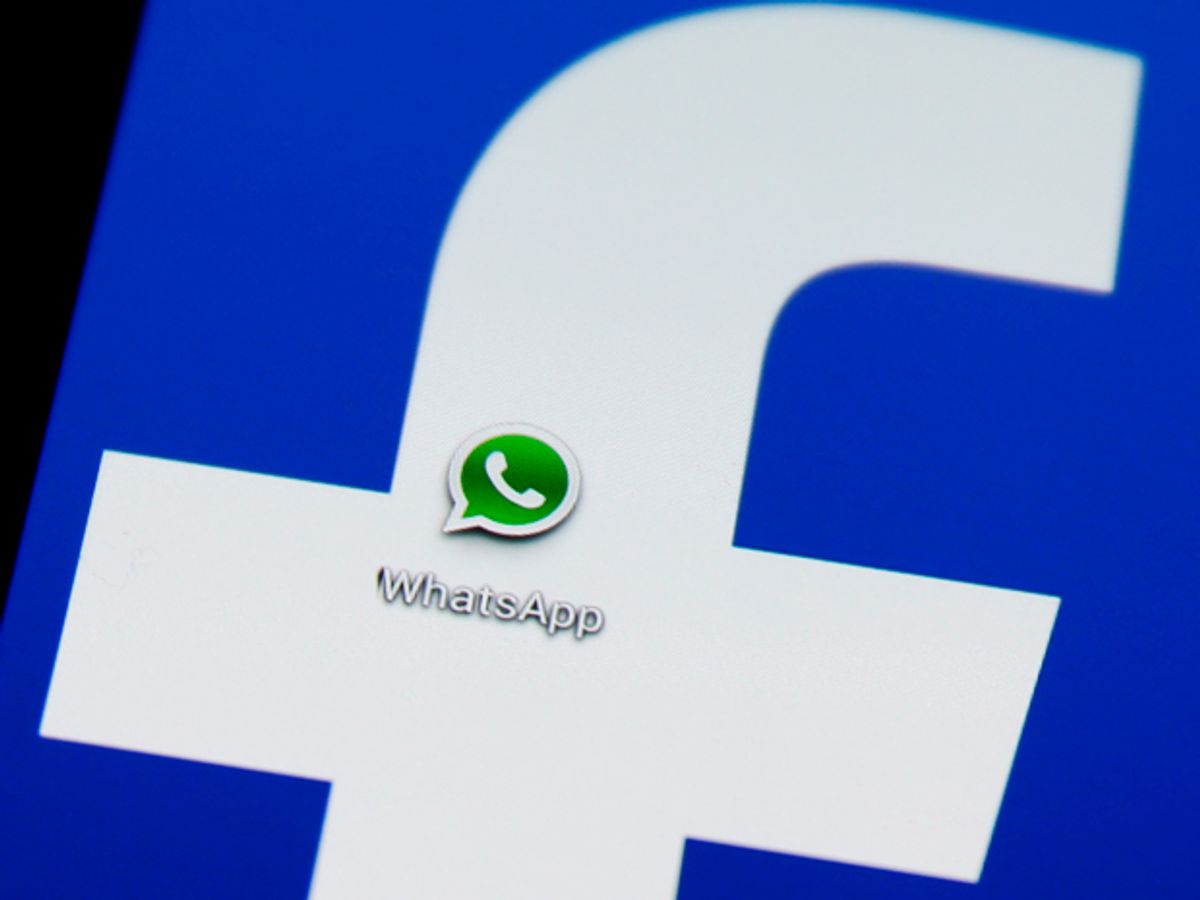Facebook's purchase of WhatsApp for $19 billion may sound like a Silicon Valley tycoon's ransom for a simple mobile messaging service. But the acquisition gives Facebook access to a mobile messaging service that can reach millions of people worldwide who access mobile Internet services through either smartphones or simpler feature phones.
The acquisition of WhatsApp, based in Mountain View, Calif., comes at a time when Internet-based mobile messaging services have become increasingly popular at the expense of standard SMS text messaging. That's because WhatsApp and other mobile messaging services offer "free" Internet messaging if users have a mobile data plan, unlike many SMS packages sold by telecommunications firms that charge customers per text. The trend has left many telecoms worried that they will become sidelined by Internet-based services and reduced to providing the mobile Internet infrastructure while others profit, the Financial Times reports.
An Informa consultancy report estimated 50 billion messages would be sent from WhatsApp and other mobile messaging services in 2014, according to TheNextWeb. By comparison, Informa estimated that just 21 billion traditional text messages would be sent this year. Still, the usage of SMS text messaging continues to rise annually, even if it pales next to the rapid growth of mobile messaging services.
Future trends among both mobile data plan subscriptions and smartphone ownership seem to favor the continued rise of mobile messaging services. MobiThinking reports that there were an estimated 2.1 billion mobile Web users as of mid 2013—a figure that has grown by 40 percent over the last three years. On the hardware side, Gartner consultants announced that worldwide sales of smartphones surpassed sales of feature phones for the first time in 2013.
WhatsApp has attracted 450 million users worldwide in part by building upon Java 2 Mobile Edition (J2ME), according to TextIt Blog. That has made the mobile messaging app usable on the many Nokia or Samsung feature phones available at cheaper prices compared to Apple's iPhones or Google's Android smartphones. And that advantage has allowed WhatsApp to reach customers beyond smartphone users in the developing world.
But WhatsApp is not alone in the mobile messaging market. Its rivals include Japan's Line with 350 million registered users, China's WeChat with 272 million monthly active users, and South Korea's Kakao with 133 million registered users, according to The Wall Street Journal. Such rival services differ from WhatsApp by offering many more services on top of messaging, including games and mobile payments.
Photo: Dado Ruvic/Reuters
Jeremy Hsu has been working as a science and technology journalist in New York City since 2008. He has written on subjects as diverse as supercomputing and wearable electronics for IEEE Spectrum. When he’s not trying to wrap his head around the latest quantum computing news for Spectrum, he also contributes to a variety of publications such as Scientific American, Discover, Popular Science, and others. He is a graduate of New York University’s Science, Health & Environmental Reporting Program.



